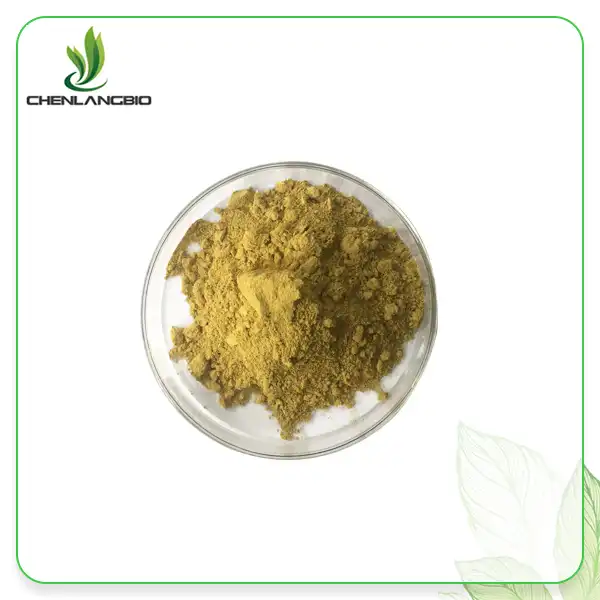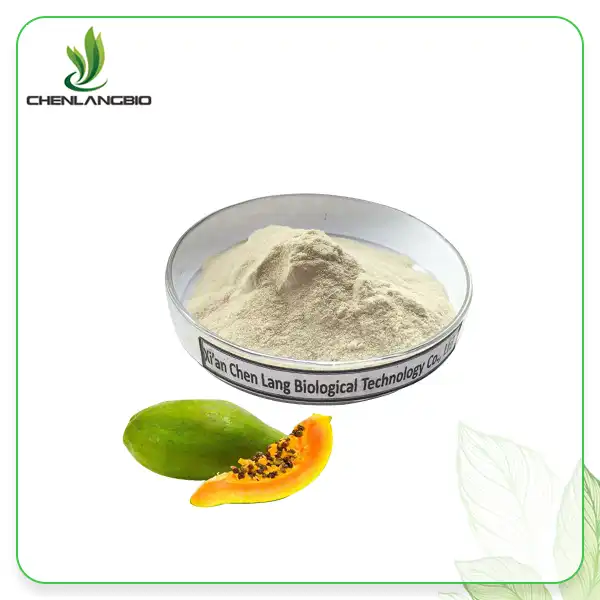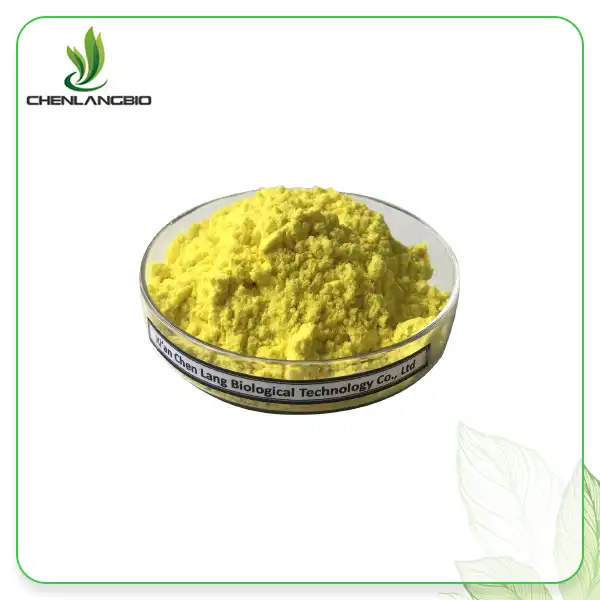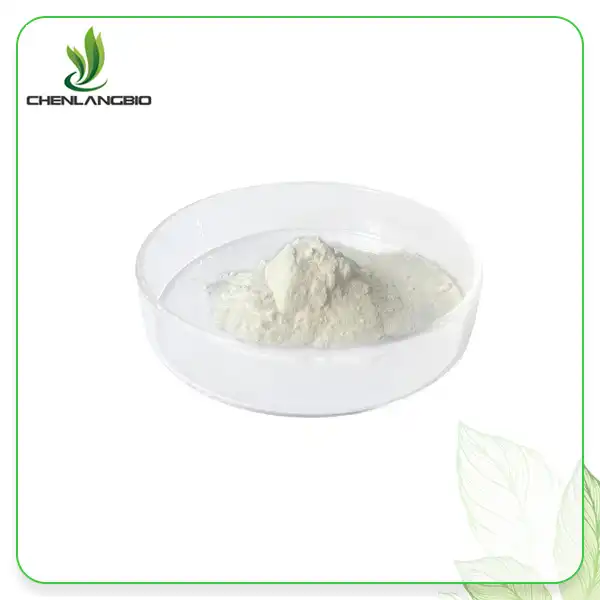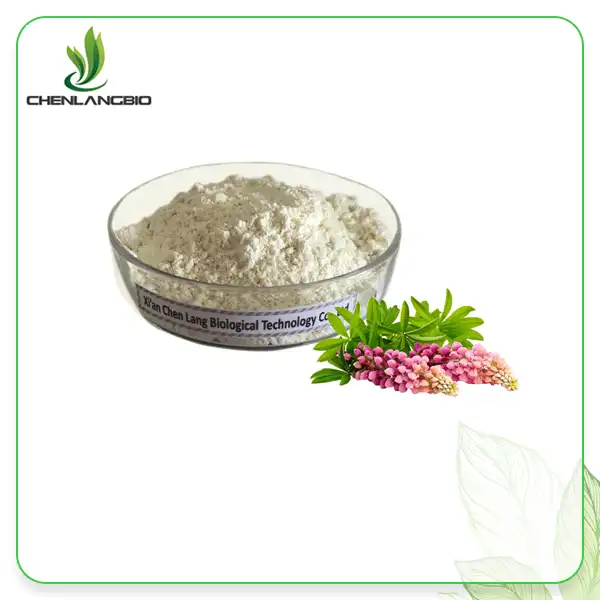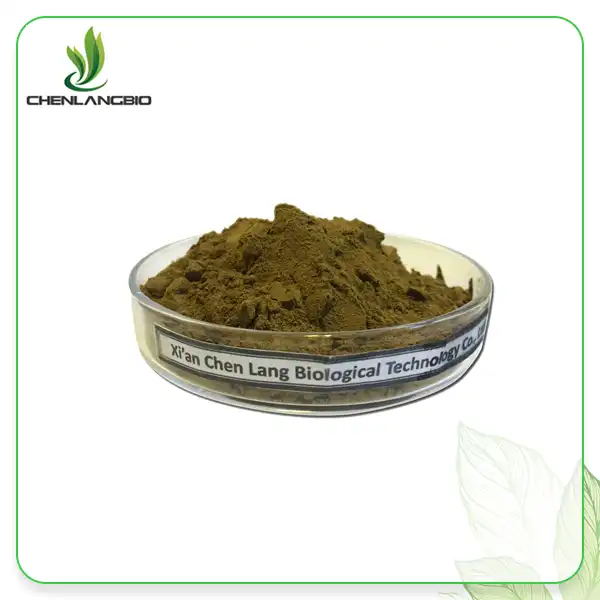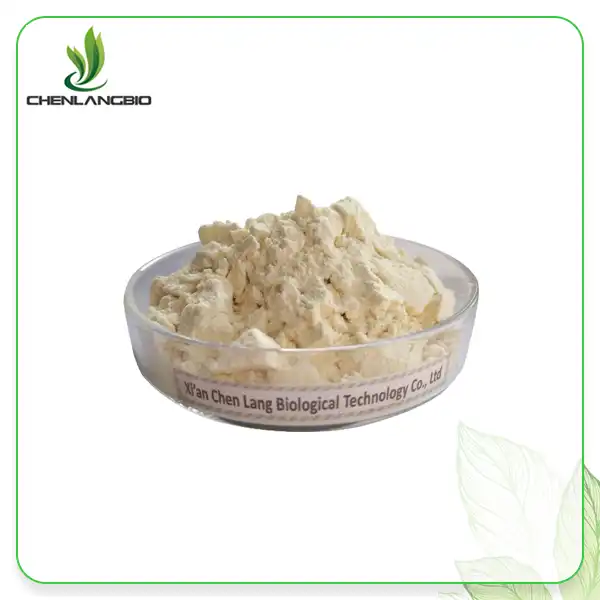Hydroxypinacolone Retinoate vs Retinol
2024-02-21 11:35:52
In the world of skincare and cosmetics, ingredients like retinol and hydroxypinacolone retinoate (HPR) have gained significant attention for their potential to improve the appearance of skin. These two ingredients belong to the family of retinoids, known for their skin-rejuvenating properties. In this article, we will explore what hydroxypinacolone retinoate powder and retinol powder are, and how they differ from each other.
What is Hydroxypinacolone Retinoate or HPR?
Hydroxypinacolone Retinoate (HPR), on the other hand, is a relatively new retinoid derivative. Unlike traditional retinoids, HPR does not need to be converted into retinoic acid by the skin, making it a promising ingredient for those with sensitive skin. HPR is often referred to as "Granactive Retinoid" and is available in various forms, including powder.
What is Retinol?
Retinol powder, also known as Vitamin A1, is a fat-soluble vitamin that plays a crucial role in maintaining healthy skin. When converted into its active form, retinoic acid, it has a wide range of beneficial effects on the skin. It is a stable, dry form of retinol commonly used in skincare products.
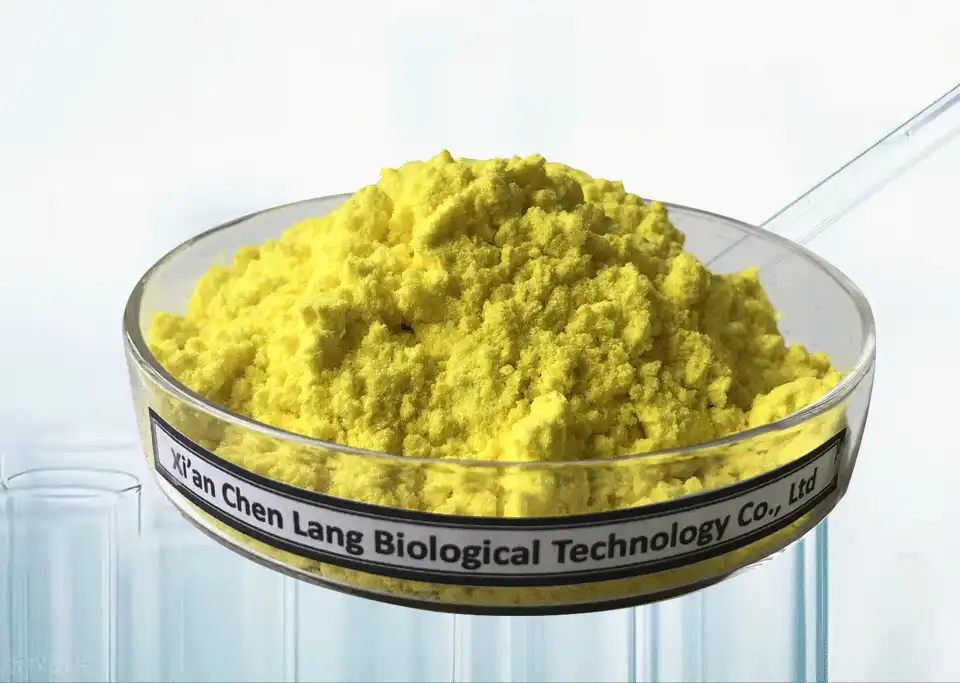
Differences Between Retinol and Hydroxypinacolone Retinoate Powder:
Conversion Process:
Retinol: Retinol needs to undergo a two-step conversion process within the skin to become active. It first converts to retinaldehyde and then to retinoic acid, which is the active form responsible for its benefits.
Hydroxypinacolone Retinoate (HPR): HPR is already in a form that can directly bind to retinoid receptors in the skin, making it more efficient and less irritating than traditional retinol.
Irritation Potential:
Retinol: Traditional retinol products can cause skin irritation, redness, and peeling, especially when first introduced into a skincare routine.
HPR: HPR is considered to be less irritating than retinol, making it a suitable choice for individuals with sensitive skin or those new to retinoid products.
Effectiveness:
Retinol: Retinol has a well-established track record of improving the appearance of fine lines, wrinkles, and uneven skin tone. It also helps stimulate collagen production.
HPR: While HPR is newer to the market, early studies suggest that it may be as effective as retinol in addressing similar skin concerns, with potentially fewer side effects.
Stability:
Retinol: Retinol is sensitive to light and air, which can reduce its effectiveness over time. Proper storage is essential to maintain its stability.
HPR: HPR is more stable and less prone to degradation, making it a more reliable choice in terms of product shelf life.
Hydroxypinacolone Retinoate Benefits:
Hydroxypinacolone Retinoate powder is a retinoid derivative, a category of compounds related to Vitamin A. What sets HPR apart from traditional retinoids like Retinol is its unique structure and mode of action. Unlike Retinol, HPR does not need to be converted into retinoic acid within the skin to become active. This characteristic makes it a gentler and potentially more effective option for those with sensitive skin.
★Reduction of Fine Lines and Wrinkles:
One of the primary reasons people turn to retinoids is their ability to combat the signs of aging. HPR has been shown to improve the appearance of fine lines and wrinkles. By stimulating collagen production and promoting skin cell turnover, it helps create smoother, more youthful-looking skin.
★Improved Skin Texture:
HPR can refine the skin's texture by reducing the size of pores and addressing issues like roughness and unevenness. This leads to a smoother and more even complexion.
★Evening Out Skin Tone:
Uneven skin tone, including hyperpigmentation and age spots, can be a significant concern for many individuals. It has the potential to fade dark spots and create a more uniform complexion by inhibiting melanin production.
★Hydroxypinacolone Retinoate Acne Management:
Hydroxypinacolone Retinoate has shown promise in the management of acne. It helps prevent clogged pores, reduces inflammation, and promotes the shedding of dead skin cells, which can contribute to breakouts.
★Less Irritation:
Unlike traditional retinoids that can cause redness, peeling, and irritation when first introduced to a skincare routine, HPR is generally better tolerated by individuals with sensitive skin. It provides the benefits of retinoids with a lower risk of side effects.
★Enhanced Skin Hydration:
HPR has been found to help improve the skin's barrier function, reducing water loss and enhancing hydration. This is essential for maintaining healthy and plump-looking skin.
★Antioxidant Properties:
HPR possesses antioxidant properties, helping to neutralize harmful free radicals in the skin. This not only protects the skin from premature aging but also from environmental stressors like UV radiation and pollution.
Hydroxypinacolone Retinoate (HPR) represents a promising advancement in the world of skincare, offering a range of benefits without the typical side effects associated with traditional retinoids.
Conclusion:
Both hydroxypinacolone retinoate powder (HPR) and Retinol Powder are members of the retinoid family, known for their skin-rejuvenating properties. However, they differ in terms of conversion process, irritation potential, effectiveness, stability, and availability. HPR offers a promising alternative to traditional retinol, especially for those with sensitive skin, but individual results may vary. When incorporating any retinoid product into your skincare routine, it's essential to start slowly and consult with a dermatologist if you have concerns or questions about which option is best for your skin type and concerns.XI AN CHEN LANG BIO TECH CO., LTD supply high quality hydroxypinacolone retinoate powder and retinol, please send inquiry to email: admin@chenlangbio.com if you want more information about that.
Send Inquiry
Related Industry Knowledge
- Is Diosmin Safe for Hemorrhoids
- What is Acetyl Hexapeptide-8 Used for?
- How to Root Bergenia?
- What are the Potential Health Benefits of Spermidine Supplementation?
- Can l Use Ectoin and Retinol Together
- How to Use Instant Kava Powder for Relaxation?
- Is Nitenpyram Effective Against Fleas
- Is It Safe to Take Pure Fisetin Powder Every Day
- How Does Kava Kavalactone Powder Affect the Brain
- What is Tribulus Terrestris Extract Used for


